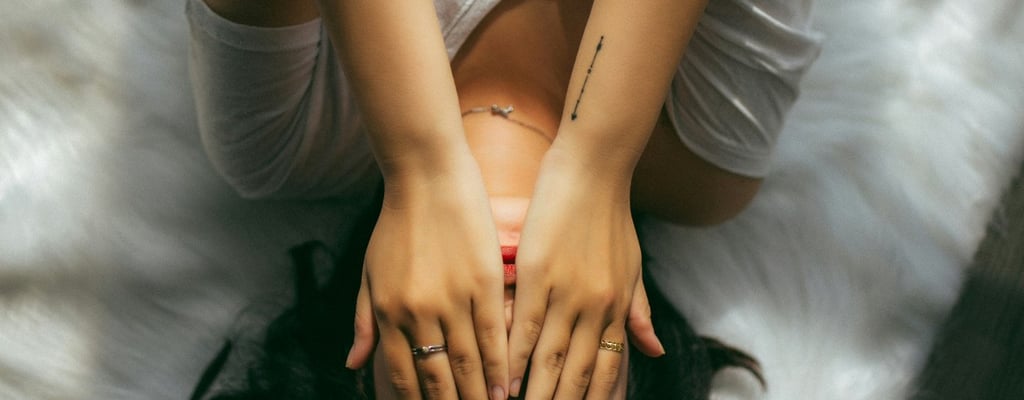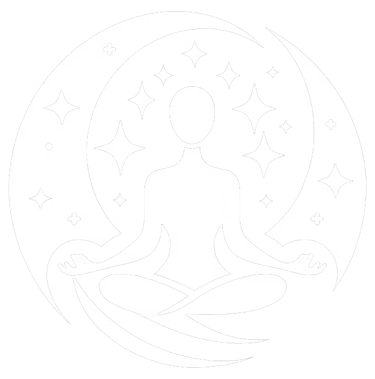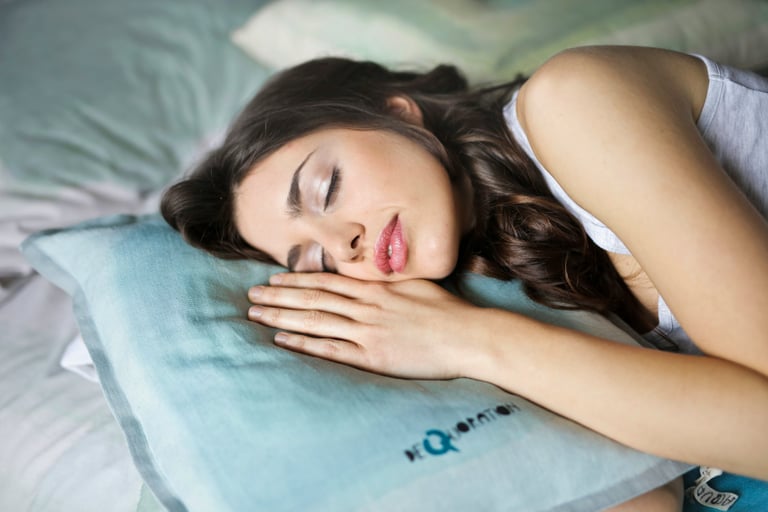Master the Art of Good Sleep: Tips & Self-Hypnosis Techniques
A good night's sleep is crucial for maintaining optimal health, mood, and cognitive function. However, many people struggle to get enough rest due to stress, lifestyle habits, and other disturbances. This comprehensive guide will provide you with effective tips and techniques, including self-hypnosis, to help you sleep better and wake up rejuvenated.
Understanding Sleep Challenges
Sleep issues can be caused by a variety of factors. From stress and anxiety to poor sleep hygiene and physical health conditions, each factor can significantly impact the quantity and quality of sleep. Recognizing these challenges is the first step in developing a routine that promotes better sleep.
Establishing a Sleep-Inducing Environment
Creating a conducive sleep environment is foundational to improving sleep:
Keep it Cool: Maintain a cool, comfortable temperature in your bedroom.
Limit Light Exposure: Use blackout curtains or an eye mask to block out light, signaling to your body that it's time to wind down.
Invest in Comfort: Ensure your mattress and pillows are supportive and comfortable.
Regular Sleep Schedule
Consistency is key when it comes to sleep. Try to:
Stick to a Schedule: Go to bed and wake up at the same time every day, even on weekends.
Establish a Pre-Sleep Routine: Engage in relaxing activities such as reading or taking a warm bath to cue your body for sleep.
Diet and Exercise
What you eat and how you move can dramatically affect your sleep:
Mind Your Diet: Avoid heavy meals, caffeine, and alcohol close to bedtime.
Stay Active: Regular exercise promotes better sleep, but avoid vigorous activity close to bedtime as it can have the opposite effect.
The Power of Self-Hypnosis
Self-hypnosis is a valuable tool for improving sleep. It involves guiding yourself into a state of deep relaxation and using affirmations to foster positive sleep habits:
Practice Deep Breathing: Start by taking slow, deep breaths to initiate relaxation.
Use Positive Affirmations: Repeat calming phrases like "I am relaxed and ready for sleep" to prepare your mind for rest.
Visualize Rest: Imagine a peaceful scene to distract from stressful thoughts.
Mindfulness and Relaxation Techniques
Incorporating mindfulness and relaxation techniques can further enhance your ability to fall asleep:
Try Meditation: Daily meditation can help reduce stress, which is often a barrier to effective sleep.
Listen to Soothing Music: Soft, rhythmic music can help calm the mind and prepare the body for sleep.
Limit Screen Time
The blue light emitted by screens can interfere with the production of melatonin, the hormone that regulates sleep:
Avoid Electronics: Turn off electronic devices at least an hour before bedtime to help your body prepare for sleep.
To sum up...
Improving sleep is not just about changing one aspect of your lifestyle; it’s about creating a balanced routine that includes healthy habits, a conducive sleep environment, and techniques like self-hypnosis. By applying these tips consistently, you can improve both the quality and quantity of your sleep, leading to better overall health and well-being.
We hope these tips will help you overcome your sleep issues. Have you tried any of these techniques? Share your experiences with Glenn on social media and in the Ultimate Hypnosis app!



21 Day Sleep & Relax Challenge
Begin your transformative mindfulness journey with the 21 Day Sleep & Relax Challenge!
Developed by hypnotherapist Glenn Harrold, this challenge includes 21 immersive hypnosis and meditation audio recordings, designed to help you relax and sleep deeply.
This challenge will work for everyone and includes the following hypnosis audio titles plus many more:
Deep Sleep Every Night
Binaural Deep Sleep Hypnosis
Mindfulness for Deep Sleep
Stars In The Night Sky
Complete Relaxation
Star Meditation
Getting started is simple! Download our Ultimate Hypnosis app, sign up for an account, and begin your free 7-day trial to experience the power of hypnotherapy at your fingertips.
Plus, take advantage of our exclusive offer! Sign up with the discount code SLEEP20 to receive 20% off your app membership. (Please note that to receive the discount you must sign up via the special link below). Transform your quality of sleep today!


